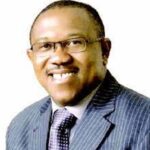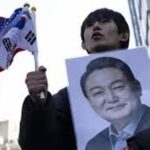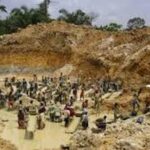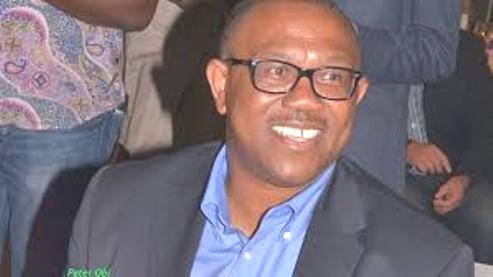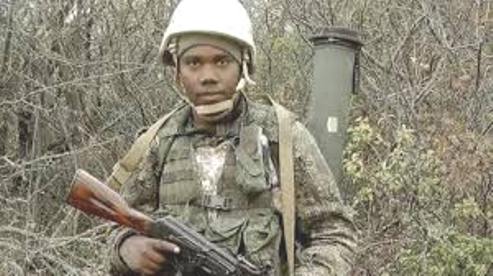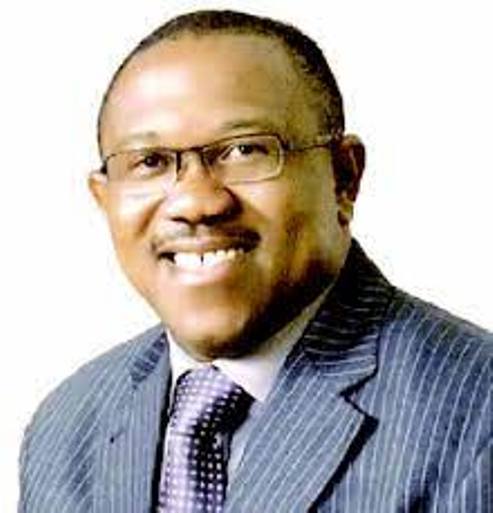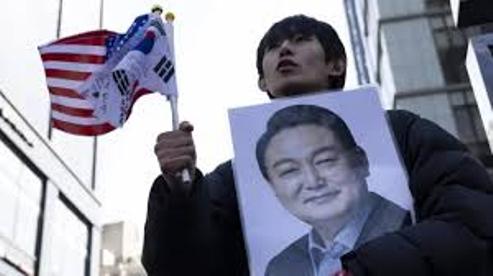LAGOS JULY 7TH (NEWSRNAGERS)-Labour Party (LP) presidential candidate in the 2023 general election, Mr Peter Obi, has affirmed that he is running for president in the 2027 election, dismissing insinuations that he is aiming to be vice president.
The former Anambra State governor stated this on Sunday during One-On-One with Peter Obi, a current affairs segment of Sunday Politics on Channels Television in Abuja.
He also pledged to serve only a single term of office if elected president of the country, stressing that he would not betray any trust bestowed on him in this regard.
“I don’t need a day more than four years. I will show the direction of good governance. In two years, there has been maximum damage. Two years can change it in a good direction. People want to get up and see a president who cares and shows compassion,” he said.
Obi is a key member of the opposition coalition movement, the African Democratic Congress (ADC), unveiled last week.
Speculation has been rife over whether Obi would accept the position of running mate to former Vice President Atiku Abubakar, as he did in 2019.
When asked about his ambition in 2027, Obi said,
“I’m going to contest for the president of the Federal Republic of Nigeria, and I believe I am qualified for it.”
On whether he would consider becoming Atiku’s running mate in the 2027 election, Obi responded,
“This is not in place; nobody has ever discussed that. People assume so many things. Nobody has ever discussed whether I will be A, B, or C.”
The former Anambra State governor also reiterated that he remains an active member of the Labour Party.
However, LEADERSHIP reports that Obi is a leading figure in the ADC coalition adopted by the opposition to unseat President Bola Tinubu of the All Progressives Congress (APC), who is seeking a second four-year term in 2027.
“I am part of the coalition which will be able to produce a president with the capacity and compassion to save this country,” he said.
He lamented that, in two years, President Bola Tinubu had, in his view, inflicted “maximum damage” on the Nigerian economy, spreading hardship and poverty across the country.
Obi also criticised President Tinubu for a perceived lack of compassion over numerous deaths in the country, particularly victims of insecurity.
“Today, we are in a country that has leadership without compassion. Several children died in Ibadan on 18 December last year, and on 19 December, the president of Nigeria flew from Abuja to Lagos for Christmas festivities. There is no compassion, and we can change that if we move in the right direction,” he noted.
Obi further questioned the priorities of Tinubu’s government, citing the commissioning of a bus station project in Abuja while around 20 soldiers were killed in Niger, asking when ceremonial projects became more important than soldiers’ lives.
The former governor vowed that, if elected, he would declare war on insecurity rather than merely a state of emergency, asserting that non-state actors must not be allowed to challenge the authority of the state.
He also promised to empower states, local governments, and communities to establish police systems alongside the federal police.
“From day one, I will tackle insecurity head-on. Non-state actors cannot be stronger than the state. We must declare war on insecurity, but we must concentrate more on natural security, which is pulling people out of poverty.”
Obi also denounced what he described as the extravagant spending of the Tinubu administration, citing the purchase of private jets and luxury items while critical sectors such as education and health continue to suffer neglect.
He criticised the “disorganised” removal of the fuel subsidy, saying the government had failed to make adequate provisions to mitigate the impact.
He accused the Tinubu administration of borrowing more funds than the combined governments of Presidents Goodluck Jonathan, Umaru Musa Yar’Adua, and Muhammadu Buhari, raising Nigeria’s debt from approximately ₦80 trillion to ₦180 trillion in just two years—with little to show for it.
He pledged to borrow only for investment purposes, particularly to finance electricity, following examples such as India, Egypt, and Vietnam, which have made significant, strategic investments in their power sectors.
Reiterating his mantra of shifting Nigeria’s economy from consumption to production, Obi promised to invest heavily in agriculture and rural development, especially in northern Nigeria, which he described as the country’s “greatest asset” due to its vast land resources.
Leadership
For media advert placement, events coverage, media consultancy, placement of publications and further inquiries please WhatsApp 2348023773039 or email: labakevwe@yahoo.com



